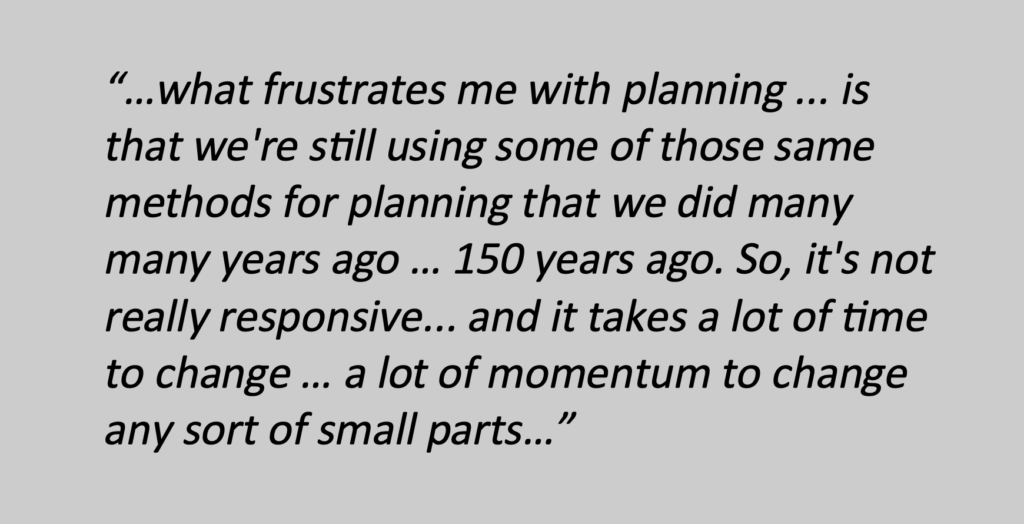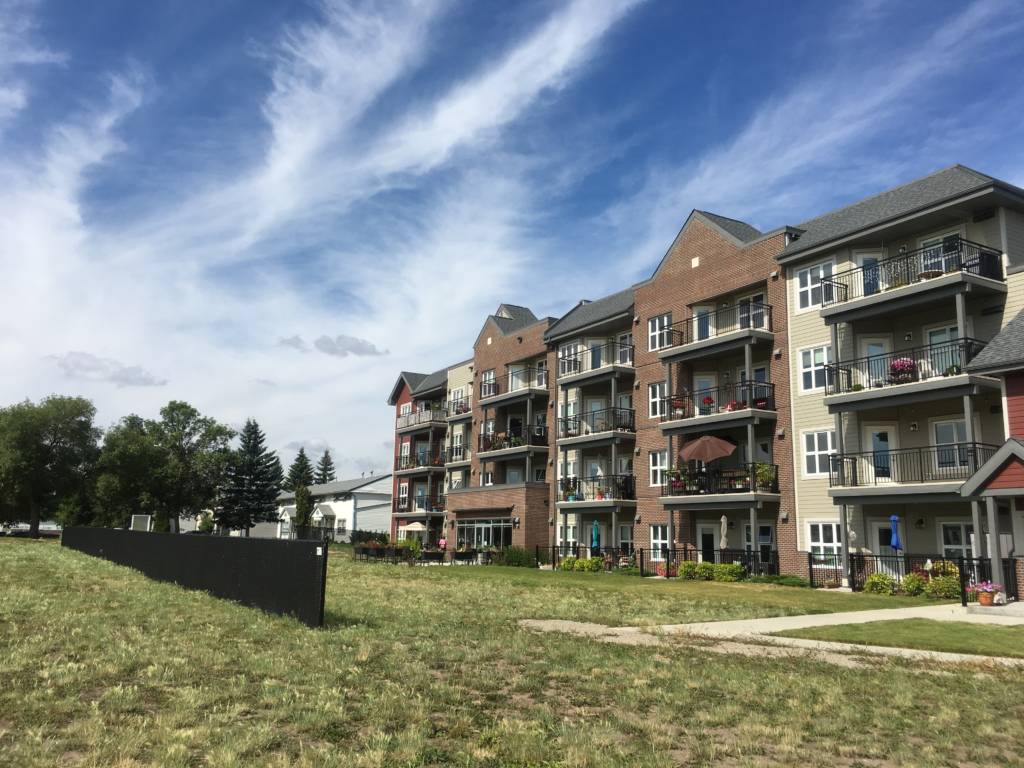City Know-hows

Gentrification is reshaping cities worldwide. It has both upsides and downsides for older adults, including rising costs, housing scarcity, weakened social ties and mental health issues.
Share
Target audience
Public health professionals, NGOs fighting for social justice, and urban planners.
The problem
The global population of older adults is growing. Older adults are living longer but not in their best health. Most reside in cities, where the urban environment significantly affects their well-being. Gentrification is reshaping urban landscapes, possibly affecting the health of older adults. However, this relationship remains unclear. Greater attention should be given to supporting the ageing population, especially in residential environments where they spend most of their time.
What we did and why
In this study, we interviewed older adults (≥60 years) living Porto. Porto is considered an hotspot of gentrification, so providing a good location for the study of the public health impact of gentrification. We selected participants from the EPIPorto cohort, ensuring diverse profiles in terms of sex, tenure status, educational attainment, and type of residential neighbourhood. This approach allowed us to explore older adults’ perspectives on gentrification and its implications for their health and well-being.
Our study’s contribution
Gentrification caused big changes in recreational areas, food/beverage establishments, housing, and commerce, which changed how older adults use these places. There were contrasting opinions on gentrification-induced transformations. Some older adults acknowledged their benefits, while others were worried about higher living costs, scarcity of affordable housing, weakening social cohesion, and aggravated vulnerability to mental illness. Moreover, several participants claimed that changes, especially in commerce and recreation, were more targeted at younger people.
Impacts for city policy and practice
Gentrification presents both challenges and opportunities for improving the well-being of the older population. Many older individuals desire to age in place, but the effects of gentrification, such as lack of housing, displacement and a weakening social cohesion, can disrupt this goal. Therefore, urban policymakers must carefully consider the specific needs of older residents when rethinking urban redevelopment.
Further information
Health, Urban Displacement & Gentrification (HUG) project website; Health and Territory team research lab website ; EPIPorto cohort website.
Full research article:
The influence of gentrification on the health and well-being of older adults: a qualitative study by Cláudia Jardim Santos, José Pedro Silva, Thomas Astell-Burt, Henrique Barros, Ema Torres and Ana Isabel Ribeiro.
Related posts

City makers need to stop making cities for ‘normal’ circumstances. Cities are liveable only when they can respond and reflect on and learn from disruptions and consequently adapt and change.City makers, policy makers

Our ‘adaptive bubble strategy’ illustrates how older adults protect themselves from virus transmission and maintain healthy living activities and psychological wellbeing with the support of the built environment during COVID-19.

The high risk of death and disability from being struck by a car is unevenly distributed geographically and socially. Our analytics reveal a troubling pattern in that people from Black and Latino neighbourhoods facean especially high risk of crashes, both near and far from home.
Vision Zero leaders in the hundreds of participating cities across the world in planning departments, nonprofits, and community groups need to look at our approach.